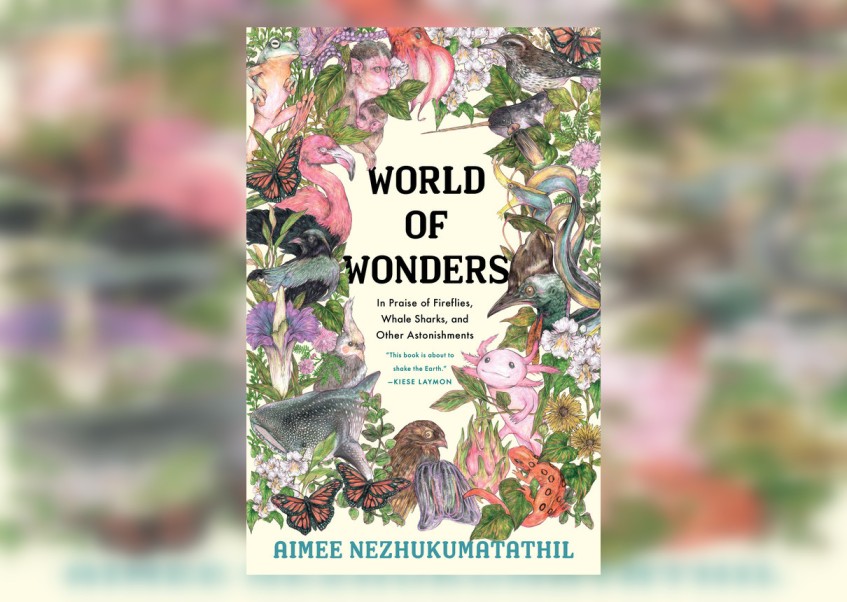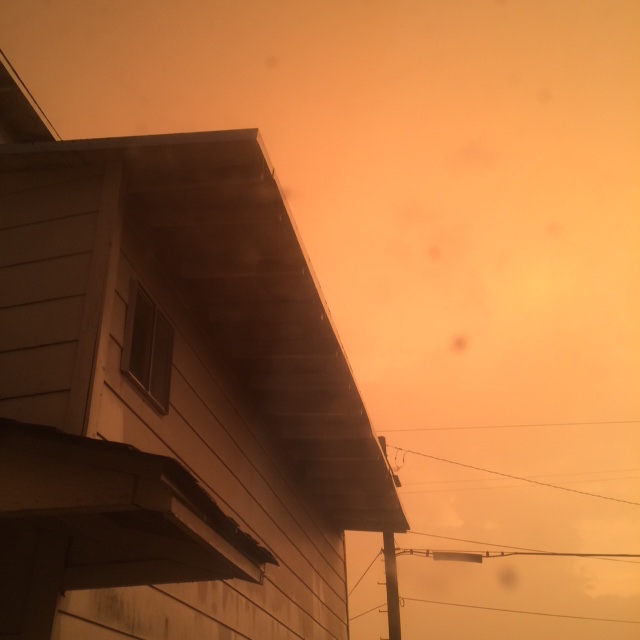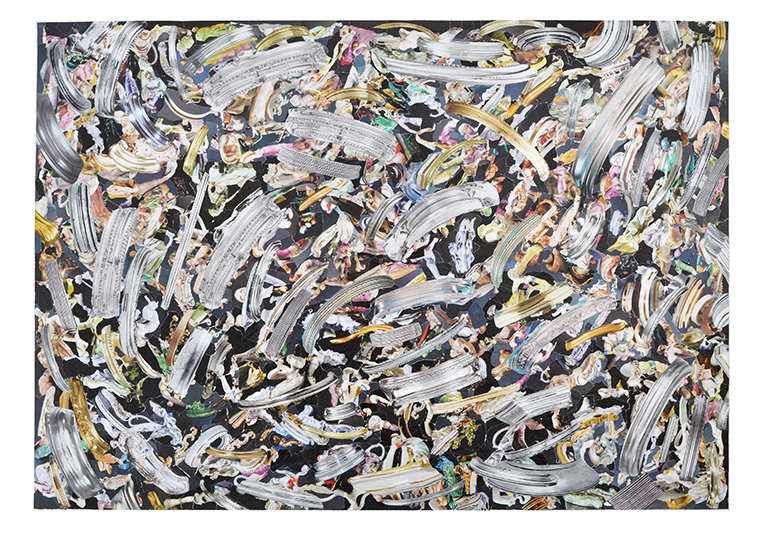Review by Sergio Guillermo Serrano

In a poetic tradition once dominated by the continental celebrations of Neruda and the Eastern-tinged eroticism of Paz, Alejandra Pizarnik’s (1936-1972) poetry was, and continues to be, a stream of diaphanous poetry running through the heart of Latin America. Unconcerned with political sidings and nationalisms, Pizarnik—born Flora Pizarnik Bromiker to Jewish immigrant parents—developed one of the most surprising and personal lyric ouvres in Latin America, firmly establishing her as one of the major Argentinian female poets along Silvina Ocampo, Alfonsina Storni and Marosa di Giorgio. Her compressed lyric power has earned her a significant readership, including Julio Cortázar and César Aira. Translator Yvette Siegert has done a remarkable job in rendering for the first time into contemporary American English Pizarnik’s dire yet delicate instruments of one of her last works published in her lifetime. In addition, Siegert has included a beautiful letter Cortázar wrote Pizarnik as a preface to A Musical Hell.
Like Dickinson or Celan, Pizarnik’s late poetry knows no waste. Her poems are carefully crafted jewelry hanging from a thread of silence; any ornament or opulence would disrupt their balance. Her song is one of disquiet and defeat, of trembling in front of “signs insinuating insoluble terrors”—“a plaintive melody, a lilac light” emerging from the darkest nights of the soul. Our poet’s sensibility was so overwhelming she took her life at age 36. Whereas Santa Teresa’s Interior Castle was: “…a most beautiful crystal globe, made in the shape of a castle, and containing seven mansions, in the seventh and innermost of which was the King of Glory, in the greatest splendour, illumining and beautifying them all”, Pizarnik’s was an Inner Prison, a Musical Hell and in its seventh and innermost circle was the Queen of Silence. In ‘Of Things Unseen,’ she grimly states: “No longer am I any more than this within.”
Her suicide soon brought her comparisons to Sylvia Plath, but I think such associations are somewhat superficial and extra-literary. Although both question gender and identity, struggle with mental conditions, and share a perpetual closeness to death, Pizarnik’s imagery, syntax and music draw inspiration from poets like Rimbaud and her beloved Lautreamont. There is also a concern about the shortcomings of language and word, a constant search of the ineffable. Despite recurrent metaphysical themes in her poems, each poem comes across, in Cortazar’s words, as “reticently clear”. Poems like the haunting ‘In a Copy of Les Chants de Maldoror’ never come across as solipsistic; instead, through striking and exact metaphors, they turn into poetry the universal condition of suffering:
A gust of light in my bones when I write the word earth. A word or presence, followed by perfumed animals—as sad as itself, as beautiful as suicide—and it soars over me like a dynasty of suns.
It is difficult not to feel shivers after reading in only two sentences such illumining and beautifying anguish. The poems are not about pain: they are pain itself.
When translating poetry as unadorned as Pizarnik’s, translators feel tempted at times to make it sound loftier than it is, fearing a plain style in the new language will not achieve the same effect as the original. Siegert doesn’t give in to the temptation. Cortázar, an extraordinary reader, observed: “how so much can be contained in such “apparently” slight verbal correlatives.” The translator is well aware of this and has managed to successfully translate most of the linguistic and rhythmic complexities found in A Musical Hell while maintaining clarity. What is staggering about Pizarnik’s poetry is her deceitful simplicity. In the long closing section ‘The Possessed Among The Lilacs,’ the translator gives us a vigorous and faithful version one of the most powerful passages of the book:
Maybe someday we’ll find refuge in true reality. In the meantime, can I just say how opposed I am to all of this?
I’m speaking to you of a mortal solitude. Destiny is red with rage because the grey wolf who lurks between the sand and the rocks is drawing nearer. Then what? Because it will knock down every door, and unearth the dead and have them devour the living, so that only the dead remain and all the living disappear. But don’t be afraid of the grey wolf. I named it in order to confirm that it exists, and because the very act of confirming has a certain unadjectivable voluptuousness.
However, Siegert choosing for the title an indefinite article instead of the original definitive article left me uneasy. There is a significant difference between A Musical Hell and The Musical Hell —I personally prefer the latter’s forcefulness.
Cortázar, in the preface, imagined each one of her poems as: “the cube of an enormous wheel”. We can only hope this New Directions Pamphlet encourages a larger translation project that gives us access to more of the great brief poems of that enormous wheel Alejandra Pizarnik. Poetry’s landscape has drastically changed since the 1970s, and much of it already feels outdated, but lines like “Music falls into music the way my voice falls into my voices” remain ever urgent—necessary.
– – – – –
Sergio Guillermo Serrano is a second-year Poetry MFA student at Columbia University.
– – – – –
A Musical Hell
By Alejandra Pizarnik
Translated by Yvette Siegert
64 pp. New Directions. $10.95




